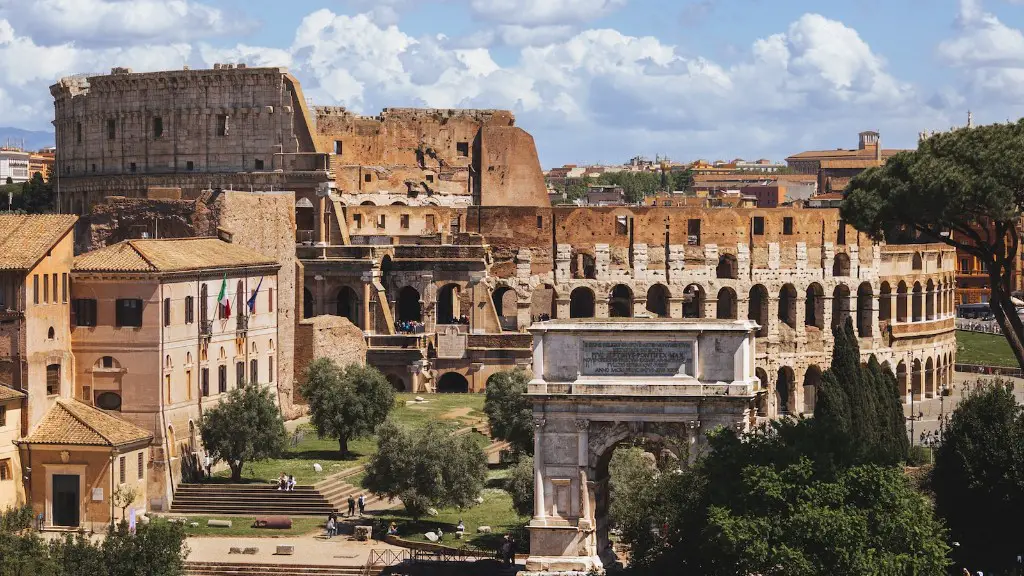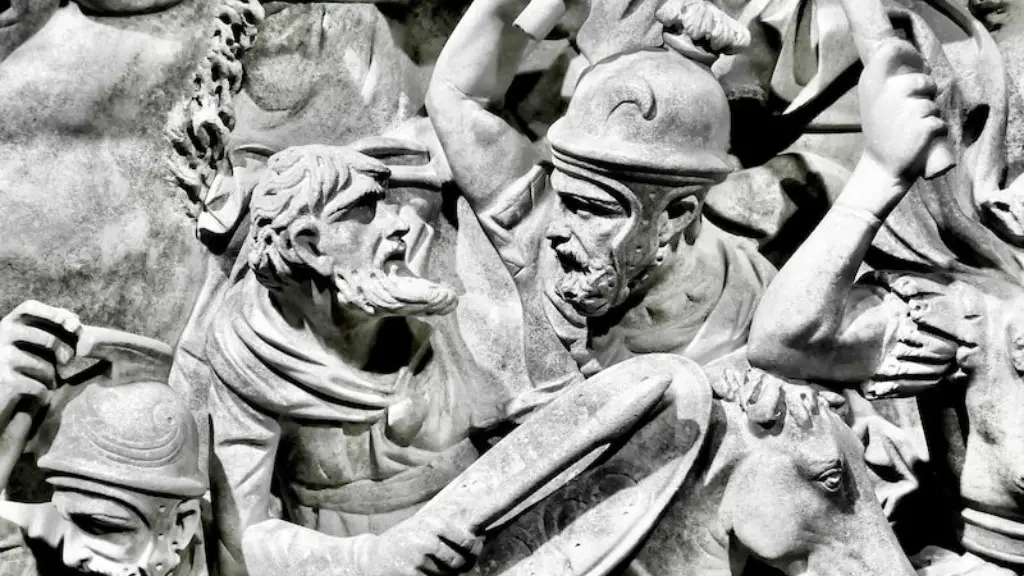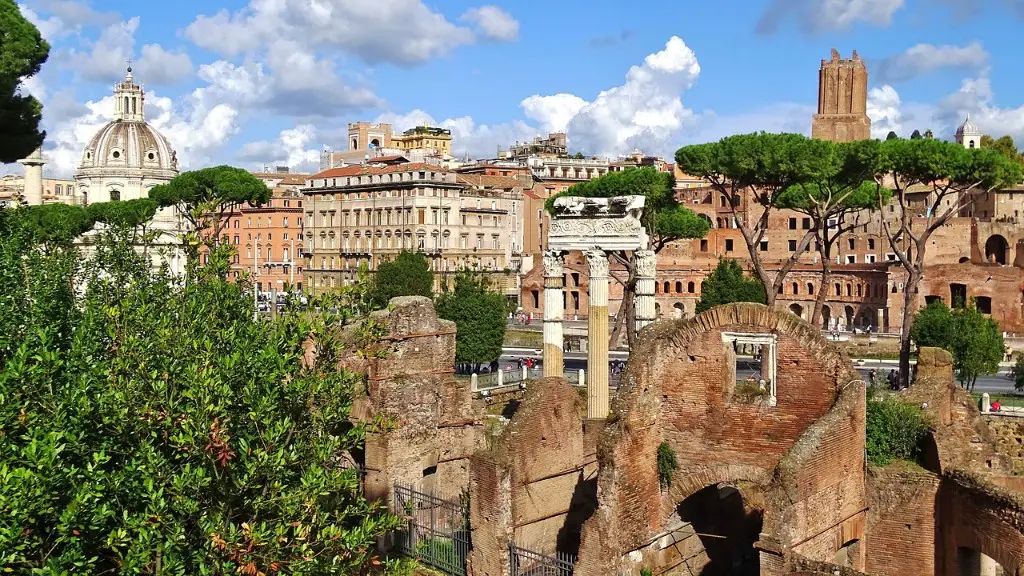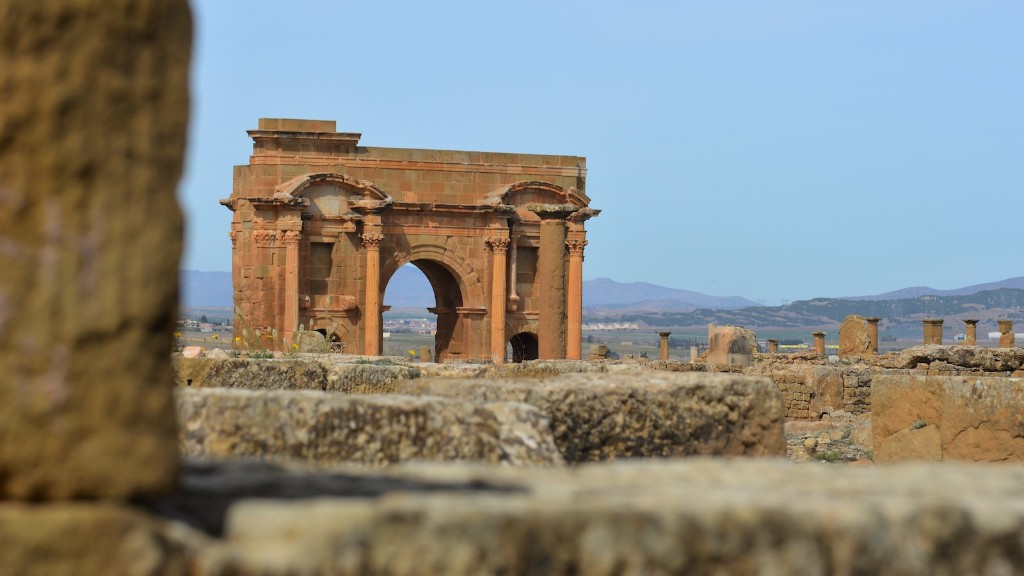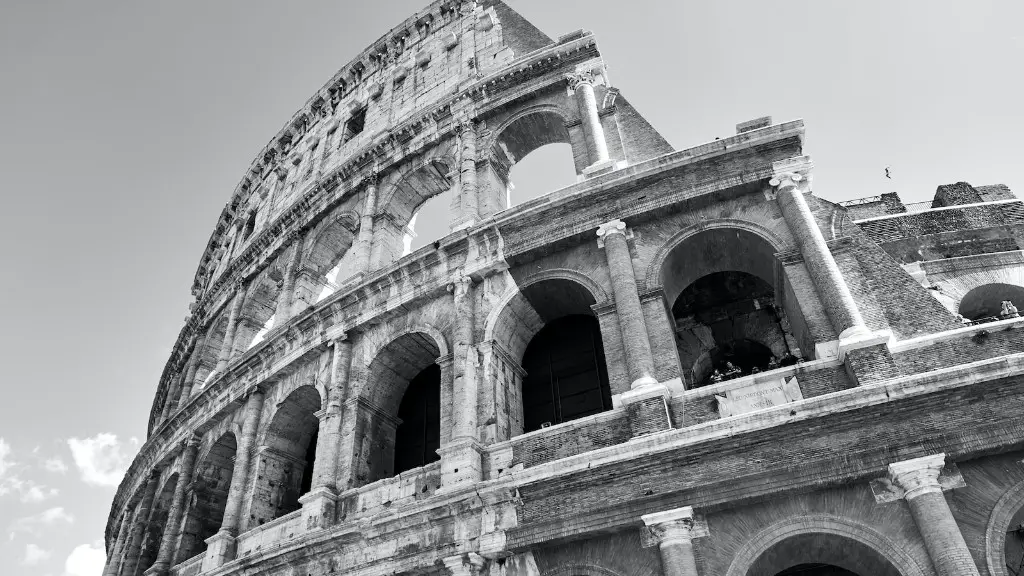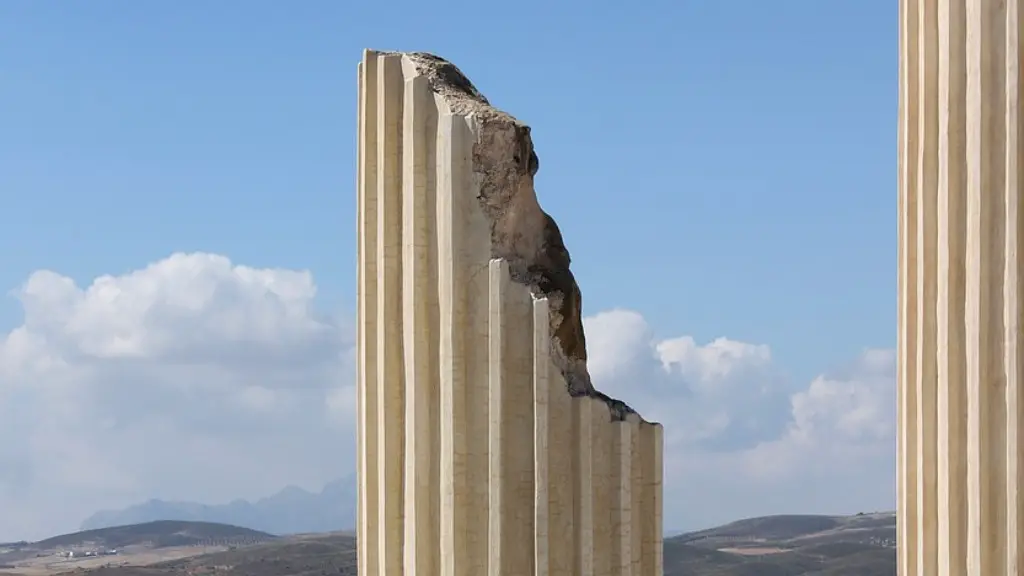The practice of political assassination has been carried out throughout much of the world, in a variety of different cultures, throughout history. It is not unique to the Roman Empire, however, it is in Rome that it became particularly prevalent. In order to understand why this is so, we must look at the political and social organisation of Rome during this period and how assassination was used as a direct or indirect political tool by politicians, members of the public and indeed, even the ruling class.
There were three major contributing factors to the prevalence of political assassination in Ancient Rome. Firstly, there was the nature of Roman politics which was highly competitive and, at times, brutal. Political rivals could be seen as legitimate targets, particularly those in the senatorial class. Secondly, the Roman legal system and its ability to protect important individuals from prosecution – or even think of them as innocent until proved guilty – was greatly limited during this period, meaning that those accused of political crimes had few options for defending their physical safety. Finally, the Roman attitude towards assassination as an acceptable means of obtaining power meant that it was seen as a legitimate form of political action.
The Roman political system was highly competitive, with individuals vying for power and influence. Elections were a key feature of Roman politics and there was a real fear of being eclipsed by a political rival. This fear may have contributed to the prevalence of political assassination, as a means to remove a potential threat to one’s own power base. As the Roman historian Tacitus noted, “the highest offices of state are obtained by force and violence, not by free and fair elections.”
The Roman legal system was also highly imperfect. Laws were applied unevenly and justice was often difficult to attain. This was particularly true for those accused of political crimes, meaning that physical protection was not always easily available to those who needed it. This made assassination a handy alternative for those looking to remove political rivals, with few repercussions.
Lastly, the Roman attitude towards political assassination was far from condemning. In fact, it was often seen as an acceptable means of achieving political power and was almost glorified in some areas. The Roman Republic saw numerous cases of political assassination and came to be seen as a norm, rather than a shock.
In summary, the prevalence of political assassination in Ancient Rome was a result of a combination of factors. The highly competitive nature of Roman politics, the limited power of the legal system and the acceptance of assassination as an ‘acceptable’ means of political action all contributed to the prevalence of this type of violence in Rome’s history.
Dynasty Changes
The prevalence of political assassination in Ancient Rome also had a significant impact on the changing dynasties at the time. Historically, it was seen as a necessary tool for change of leadership in Rome, with assassinations resulting in the death of powerful leaders or the overthrow of remarkable political figures.
For example, Julius Caesar’s assassination in 44 BC was seen as a major turning point in the Roman Republic. The ensuing civil wars and political turmoil saw a dramatic change in the shape of Roman politics and the emergence of the Roman Empire. Political assassinations thus played an important role in the changing dynasties of Rome, with those in the most power-hungry circles willing to use such violent means to gain power.
The death of prominent figures such as Cicero and Augustus, both at the hand of political assassination, further demonstrated that such violence was not only accepted, but also sufficient to change the existing dynasties in Rome.
In addition, the assassinations of prominent leaders increased political turmoil and instability throughout the Roman Republic. This, in turn, created opportunities for those with ambition and political know-how to take advantage of the ensuing chaos and come to power.
All in all, the prevalence of political assassinations in Ancient Rome was so significant that it not only changed the shape of politics at the time but also altered the entire political landscape, ushering in a new era of Roman rule.
Power of violence
The power of political assassination as a means of gaining power in Ancient Rome cannot be underestimated. A successful assassination could change the political landscape and result in a change of leadership, establishing a new dynasty and leading to a more favourable outcome for the perpetrators.
One of the most famous examples of this was the assassination of Julius Caesar, who was a major political rival at the time. His death was seen as a fundamental shift in the power of Rome, with those responsible for his death coming to power in the aftermath. This highlights the power of political assassination in Ancient Rome and its ability to shape the fate of the entire Republic.
In addition, political assassination was also frequently used as a tool by the ruling class to eliminate potential rivals or those perceived to be threatening to their power. The prevalence of this type of violence in Ancient Rome highlights the importance of power, and the willingness of those in power to go to extreme lengths to protect their interests.
Another way in which violence was used in Ancient Rome was to settle disputes or grievances. Assassination was seen as a legitimate means of getting a specific outcome, and those in disputes were more than willing to resort to violent means to resolve their matters.
Given the prevalence of political assassination in Ancient Rome, it is clear that it was viewed as a useful and legitimate means of achieving power and settling disputes. The willingness of those in power to resort to violence highlighted the importance of power and control.
Discouragement of violence
There were also some attempts to discourage such violence, however, with the Roman Senate and other leading political figures condemning political assassinations in some areas. For example, the Roman orator and politician Cicero wrote “If anyone takes the risk of shedding the blood of another in order to seize the reins of the state, he must be regarded by all as a public enemy and punished accordingly.”
This demonstrates that some in Rome were trying to discourage the use of violence as a means of gaining power. Despite this, it is clear that political assassination was still seen as a viable option in some areas and continued to be used throughout the Republic and the Empire.
Overall, it is clear that political assassination was a common practice in Ancient Rome, with individuals, factions and ruling classes all engaging in this type of violence to gain power and influence. The competitive nature of Roman politics, the weakened state of the legal system and the acceptance of assassination as a means of gaining power all contributed to the prevalence of such violence in Ancient Rome.
Development of law and order
In response to these challenges, the Roman Senate began to take measures to improve law and order and discourage such violence. For instance, the Lex Cornelia de Sicariis et Veneficis of 81 BC attempted to combat violence in the Roman Republic by imposing severe punishments on those found guilty of political assassination or related crimes. It was also intended to discourage potential criminals from taking part in such activities in the first place.
In addition, the Roman Senate also introduced a number of laws that were intended to protect important figures such as senators. This was a recognition of the power of political assassination and its ability to disrupt the functioning of the Republic. These measures, though not perfect, did have an impact and saw a decrease in the prevalence of such violence.
Although political assassination was still a major problem in Ancient Rome, the development of law and order, coupled with the discouragement of violence by leading figures, did have a positive effect in reducing its prevalence.
Aftermath of political assassination
The aftermath of political assassination in Ancient Rome was significant and long-lasting. Following the death of a prominent figure, civil wars, political unrest and instability were common and could often result in a change of leadership. This highlights the importance of political assassination and its ability to cause significant disruption to the status quo.
In addition, the political assassinations occurring in Ancient Rome often had a detrimental effect on public morale. Despite the fact that some saw such violence as an acceptable means of gaining power, for much of the population, it was seen as a reprehensible act and one that could make them fearful for their own safety. This further highlights the power of political assassination in Ancient Rome.
Finally, it is important to note that despite the prevalence of political assassination in Ancient Rome, it was not always successful. Many attempts were made to eliminate political rivals and rivals of the ruling class, but not all were successful. This indicates the risk that those engaging in such violence faced and the potential consequences of failure.
Overall, the prevalence of political assassination in Ancient Rome was significant, and its effects long-lasting. Despite attempts to reduce the practice, it remained a significant factor in Roman politics and had a significant impact on the shape of Roman politics and the dynasties that ruled throughout this period.
